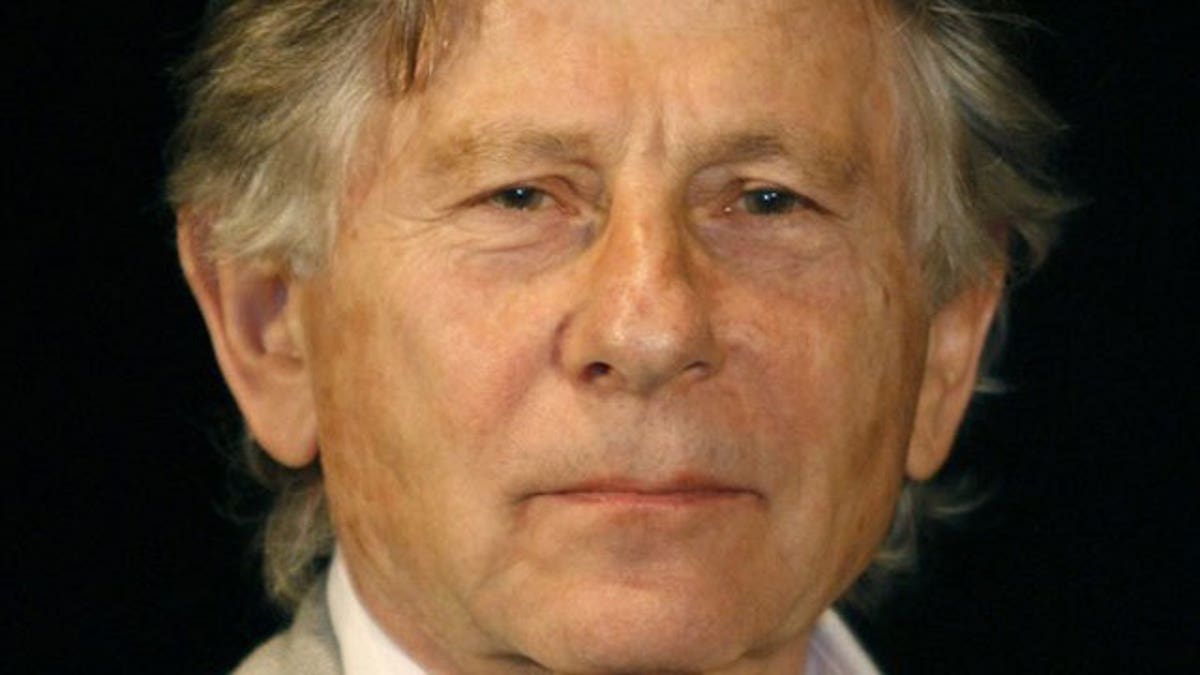
Roman Polanski (AP)
Switzerland’s decision not to extradite world-renowned director Roman Polanski means the convicted child rapist will most likely never return to California to face punishment for his crime, according to a criminal defense attorney.
“At this point, he is no longer subject to Swiss jurisdiction. There is no reason for them to hold him,” New York City-based criminal defense attorney Robert Rueland, who does not work on Polanski’s case, told Fox411. “The only basis for holding him was because the U.S. wanted him, and now the Swiss government essentially said we have no basis.”
The decision could end the United States' three-decade pursuit of Polanski, unless he travels to another country that is willing to apprehend him and send him to Los Angeles. France, where he has spent much of the last three decades, does not extradite its own citizens, and the public scrutiny over Switzerland's deliberations may dissuade other nations from making such a spectacular arrest.
The Swiss government said it was denied access to confidential testimony given on Jan. 26 by Roger Gunson, the Los Angeles attorney in charge of the original prosecution against Polanski.
"Mr. Polanski can now move freely. Since 12:30 today he's a free man," Justice Minister Eveline Widmer-Schlumpf declared.
Authorities in Los Angeles and Washington, D.C. cannot appeal the Swiss decision.
YOU DECIDE: Did the Swiss Government Make the Right Call?
“On the surface, it seems that Switzerland is sticking their finger in the eye of the U.S. government, but it’s more than that. What they’re saying essentially is that the U.S failed to come forward with a sufficient explanation for the underlying charges against him. It boils down to the fact that the Swiss are uncomfortable with the charges, most likely because they are so old,” Reuland said.
The Oscar-winning director of "Rosemary's Baby," "Chinatown" and "The Pianist" was accused of plying a 13-year-old girl with champagne and part of a Quaalude during a 1977 modeling shoot and raping her. He was initially indicted on six felony counts, including rape by use of drugs, child molestation and sodomy, but he pleaded guilty to one count of unlawful sexual intercourse.
In exchange, the judge agreed to drop the remaining charges and sentence Polanski to prison for a 90-day psychiatric evaluation. However, he was released after 42 days by an evaluator who deemed him mentally sound and unlikely to offend again. The judge responded by saying he was going to send Polanski back to jail for the remainder of the 90 days and that afterward he would ask Polanski to agree to a "voluntary deportation." Polanski fled the country on the eve of his Feb. 1, 1978, sentencing, and has not returned since.
He was arrested in Switzerland on Sept. 26 when he arrived in Zurich to accept a lifetime achievement award from a film festival. But while extradition seemed to be the likely scenario, the Swiss government cited “persisting doubts concerning the presentation of the facts of the case."
“The Swiss decision spells bad news for the U.S’ case against Polanski," Reuland said. "While there is no statute of limitations, it seems that California really dropped the ball on the charges. They lay there for 30 years and it appears California didn’t actively pursue it. The Swiss government probably had severe discomfort with that.”
Switzerland handles about 200 extradition requests a year and only about 5 percent are rejected, Widmer-Schlumpf said.
And Reuland says that while California is probably embarrassed by Switzerland’s decision, this could also be the end of their efforts to pursue Polanski, which is probably costing “millions and millions of dollars.”
“At some point, California prosecutors have to decide whether they want to keep at something that is taking so much effort and cost. His public nature plays a big role in why they have pursued it for so long now. But after a certain point, California starts looking like the bad guy in a severely botched case,” he said.
“It’s pretty hard to look like the bad guy in a child rape case, but somehow California managed to do it.”
The Associated Press contributed to this report.






